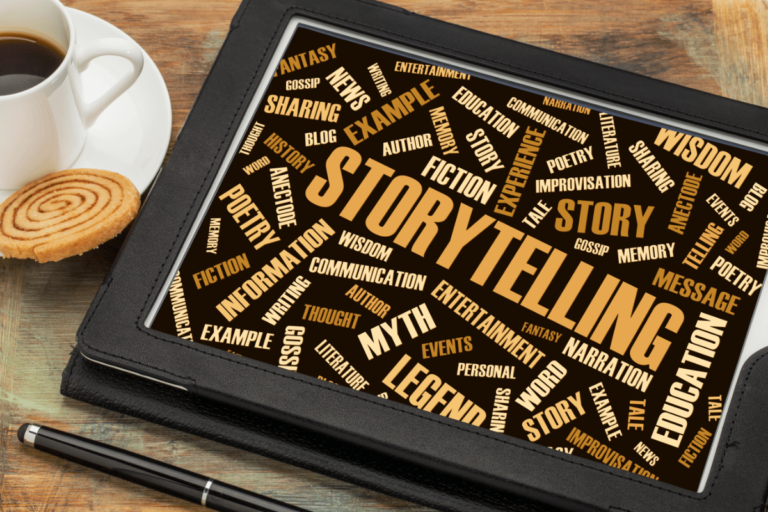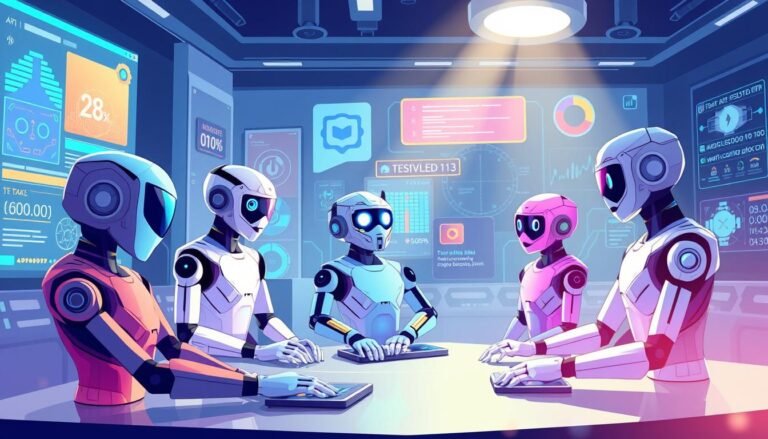Smarter Career Paths: How AI Tools Lead the Way
The job market has never been more dynamic and competitive. With new industries emerging and traditional roles evolving, professionals are constantly seeking ways to stay ahead. In this environment, AI-powered career planning tools are becoming game-changers. These tools don’t just simplify job searches — they actively help individuals craft smarter, data-driven career paths.
1. What Are AI Career Planning Tools?
AI career planning tools leverage artificial intelligence, machine learning, and big data analytics to provide personalized career advice. By analyzing a user’s skills, experience, and market trends, these tools offer insights into:
- Career paths that align with strengths and interests.
- Emerging job opportunities in relevant industries.
- Skill gaps and recommended courses or certifications.
Platforms like LinkedIn’s Career Explorer, Rezi AI, Pathfinder AI Tool, and other AI-driven resume builders are examples of how technology is guiding professionals.
2. The Key Benefits of AI in Career Planning
a) Personalized Recommendations
Unlike traditional career counselors, AI tools can analyze thousands of career trajectories, job postings, and industry trends in seconds. This means your career roadmap isn’t generic — it’s tailored specifically to your unique profile.
b) Real-Time Labor Market Insights
AI career tools continuously track job market shifts. They can predict which roles are growing in demand and suggest future-proof career options.
c) Skill Gap Analysis and Upskilling Suggestions
AI identifies the exact skills you need to land your dream job. Whether it’s coding, digital marketing, or data analysis, these platforms recommend the best online courses and certifications.
d) Enhanced Resume Optimization
AI resume tools scan job descriptions and optimize your resume with the right keywords and phrasing, ensuring it passes Applicant Tracking Systems (ATS).
3. How AI Tools Are Shaping Career Paths
AI doesn’t just help job seekers; it’s transforming how companies hire. With AI-driven platforms evaluating both employee skills and employer requirements, candidates can find better matches. Some advanced tools even use predictive modeling to forecast career growth in specific fields.
For example, AI might suggest transitioning from a marketing analyst role to a data-driven growth strategist — based on your transferable skills and industry trends.
4. Are AI Tools Replacing Career Coaches?
Not entirely. AI tools complement human expertise rather than replace it. While AI provides data-backed insights, human mentors can still offer emotional intelligence, networking advice, and personal stories that technology can’t replicate.
5. The Future of AI in Career Planning
As AI evolves, we can expect tools that not only plan careers but also simulate possible outcomes. Imagine an AI assistant that projects your career trajectory over the next 10 years based on industry shifts — that future is closer than we think.
Conclusion
AI career planning tools are more than just job search aids — they’re strategic partners that help you navigate a rapidly changing world of work. By blending real-time data, predictive analytics, and personalized recommendations, these tools empower professionals to make smarter, more confident career choices.
FAQs
- What are AI career planning tools, and how do they work?
AI career planning tools use artificial intelligence and machine learning algorithms to analyze your skills, experience, and interests. They compare this data with market trends and job requirements to provide personalized career recommendations, skill gap analyses, and job-matching insights. - Can AI tools replace traditional career counseling?
Not entirely. While AI tools offer data-driven insights and real-time job market analysis, human career counselors provide personal mentorship, networking strategies, and emotional support. The best approach is to use AI tools as a complement to expert human guidance. - Are AI career tools reliable for predicting future job trends?
Yes, to a large extent. AI tools analyze massive datasets from job portals, industry reports, and global hiring trends. While no prediction is 100% accurate, these tools can identify emerging roles and in-demand skills faster than traditional methods. - Do AI career tools require advanced technical knowledge to use?
No, most AI career planning platforms are user-friendly. They are designed for everyone, from students to experienced professionals, and typically require you to input your current skills, career goals, or upload your resume. The AI then generates easy-to-understand recommendations.







